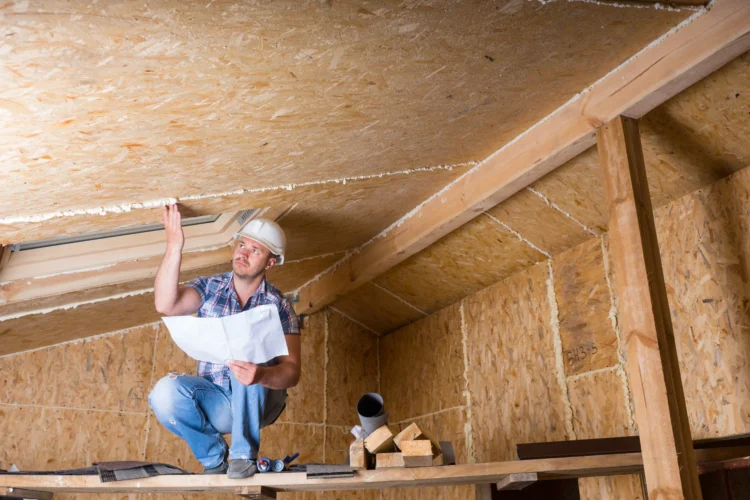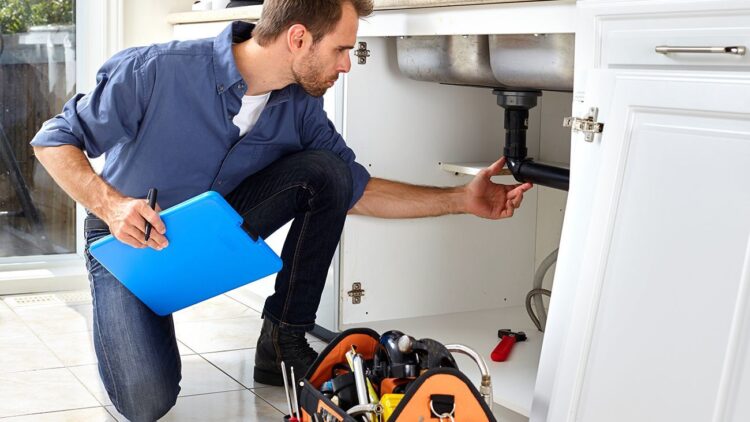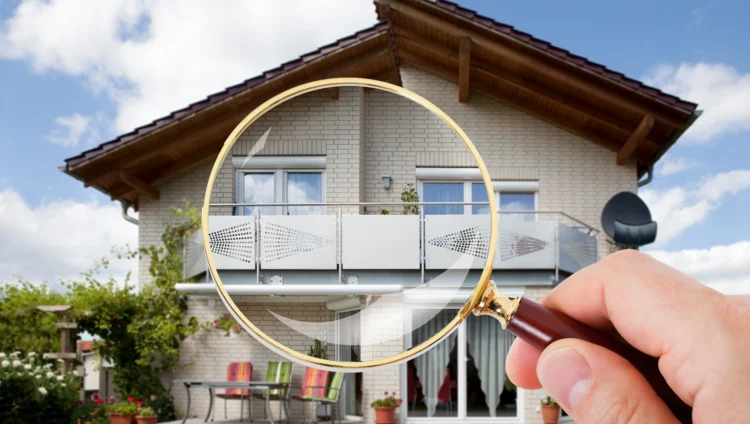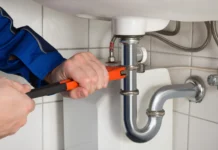Buying a home is one of the most significant investments you’ll ever make, and ensuring it’s a sound investment requires careful consideration and due diligence. This is where a home inspection comes into play – an essential step in the home-buying process. A home inspection is a comprehensive examination of a property’s condition, uncovering potential issues that may not be visible to the untrained eye.
It’s your opportunity to gain insights into the property’s true state and make an informed decision. To maximize the benefits of a home inspection, it’s crucial to ask the right questions and engage with your home inspector effectively. In this blog post, we’ll guide you through the crucial questions to ask during a home inspection to ensure a smooth and informed home-buying process.
Understanding the Role of a Home Inspector

Before diving into questions, let’s clarify the role of a home inspector, especially when considering the services of home inspectors in Louisville, KY. Home inspectors are professionals trained to evaluate a property’s structural and mechanical components, a service that’s crucial whether you’re buying a home in Louisville or anywhere else. They assess the condition of various systems, such as plumbing, electrical, heating, and cooling, ensuring that everything is in order.
Inspectors also meticulously examine the roof, foundation, walls, and other structural elements. Their primary goal, whether in Louisville or elsewhere, is to identify existing problems, potential issues, and safety concerns within the property. It’s important to note that while they uncover these issues, home inspectors in Louisville, KY, or any other location, do not take on the role of repair professionals.
They don’t offer estimates for fixes but rather provide detailed reports to help buyers understand the property’s condition, enabling them to make informed decisions about their investment.
Asking About the Inspector’s Qualifications and Experience
The first question you should ask is about the inspector’s qualifications and experience. Ensure they are licensed and certified in your state. Inquire about their professional background and the number of inspections they’ve conducted. Experienced inspectors often have a better eye for subtle issues and a broader knowledge base to draw upon during the inspection. Additionally, ask about any specialized certifications they hold, such as radon or mold testing. These credentials can be valuable if specific concerns arise.
Inquiring About the Scope of the Inspection

Understanding the scope of the inspection is crucial to managing your expectations. Ask your home inspector what areas and systems they will assess. A comprehensive inspection typically covers the structure, roof, electrical, plumbing, HVAC, insulation, and more. If you have specific concerns or areas of interest, make sure to discuss them with the inspector. Clear communication ensures that the inspection aligns with your needs and priorities.
Questions Regarding the Inspection Process and Duration
Home inspections can take several hours, depending on the property’s size and complexity. It’s essential to ask your inspector about the estimated duration of the inspection. This information can help you plan your schedule for the day. Additionally, inquire about the inspection process itself. Will you be able to accompany the inspector during the inspection? Many homebuyers find it beneficial to attend the inspection, as it provides an opportunity to ask questions and gain firsthand knowledge about the property.
What to Ask About Potential Red Flags or Concerns
During the inspection, it’s crucial to be vigilant for potential red flags or concerns. Ask your home inspector about any issues they come across that could be major concerns. These might include structural problems, water damage, mold, or evidence of pests. Understanding the severity of these issues can significantly impact your decision-making process.
Discussing the Condition of Major Systems (e.g., Plumbing, Electrical)

Major systems within a home, such as plumbing and electrical, warrant special attention. Inquire about the condition of these systems and whether there are any immediate safety concerns. For example, ask about the age and condition of the electrical panel, wiring, and outlets. Similarly, discuss the plumbing, including the water heater and pipes. Being well-informed about these critical components can help you plan for potential repairs or upgrades.
Inquiring About Safety and Code Compliance Issues
Safety and code compliance should always be a priority when evaluating a home. Ask your inspector if they’ve identified any safety hazards, such as faulty wiring, missing smoke detectors, or gas leaks. Additionally, inquire about the property’s compliance with local building codes. Non-compliance could lead to costly future upgrades or repairs.
Questions About the Inspection Report and Its Delivery
After the inspection, you’ll receive a detailed report outlining the findings. Ask your inspector about the format and timeline for receiving this report. In most cases, you can expect a comprehensive report with descriptions of issues, photographs, and recommendations. Ensure you understand the contents of the report and ask for clarification on any items that are unclear. The report is a valuable resource for negotiations with the seller and planning for necessary repairs or maintenance.
Discussing Any Follow-Up Inspections or Recommendations
Depending on the findings of the initial inspection, you may need to schedule follow-up inspections or assessments by specialists. For instance, if the inspector suspects mold or radon issues, you’ll want to arrange for further testing. Ask your inspector for recommendations on which professionals to consult and when to schedule these additional inspections. Prompt action can help you address potential problems before they become more significant issues.
Wrapping Up with Tips for a Successful Home Inspection

To wrap up, here are some additional tips for a successful home inspection:
- Be Present: Whenever possible, attend the inspection to learn about the property firsthand.
- Ask Questions: Don’t hesitate to ask questions during the inspection. Home inspectors are there to help you understand the property.
- Take Notes: Bring a notebook to jot down important information and recommendations from the inspector.
- Prioritize Issues: Focus on major concerns and safety hazards first when negotiating with the seller.
- Consider a Pre-Listing Inspection: If you’re selling your home, consider having a pre-listing inspection to identify and address issues proactively.
- Plan for Repairs: Use the inspection report to create a plan for necessary repairs and improvements once you move in.
Conclusion
A home inspection is a critical step in the home-buying process, providing you with valuable insights into the property’s condition. By asking the right questions and actively engaging with your home inspector, you can ensure a smooth and informed home purchase. Remember that the information obtained during the inspection empowers you to make informed decisions and negotiate effectively with the seller. Don’t underestimate the significance of this essential step in your journey to becoming a homeowner.







